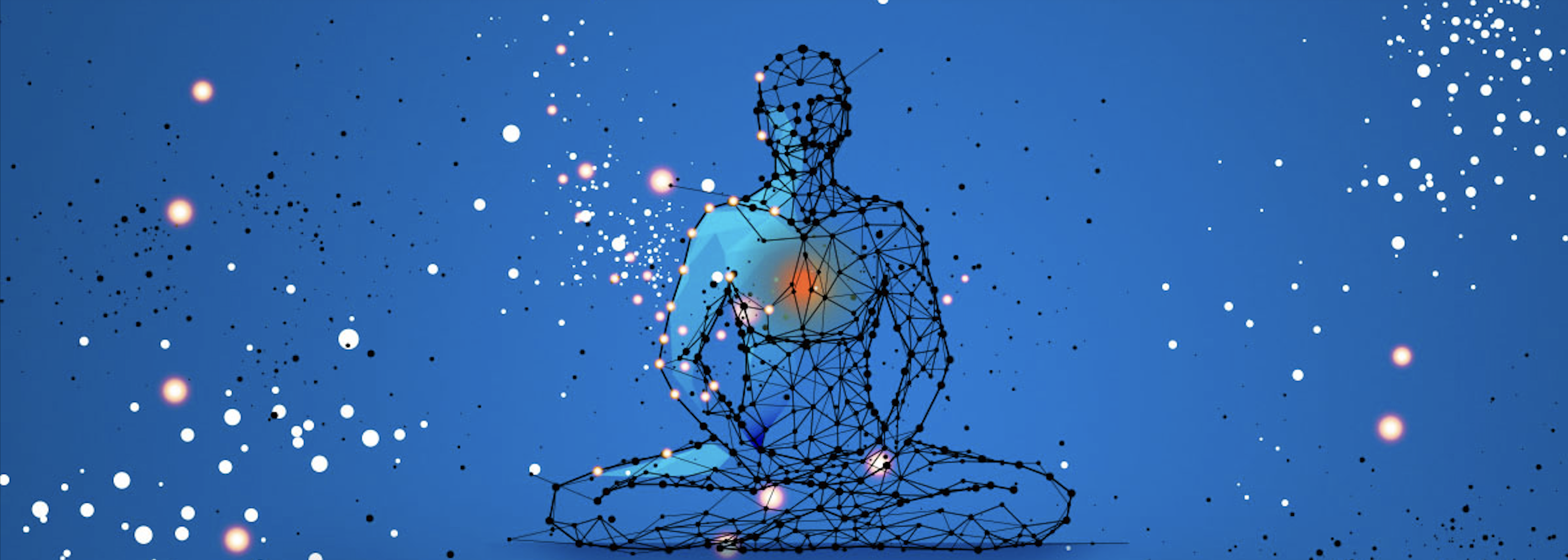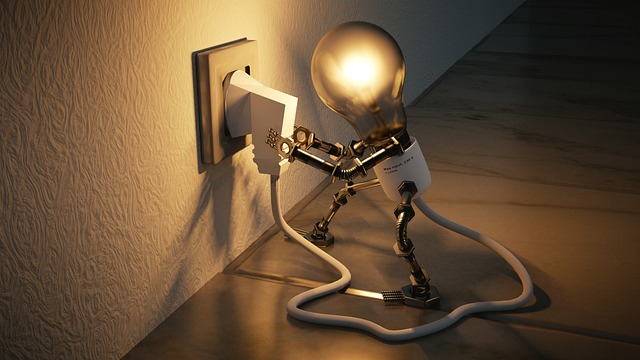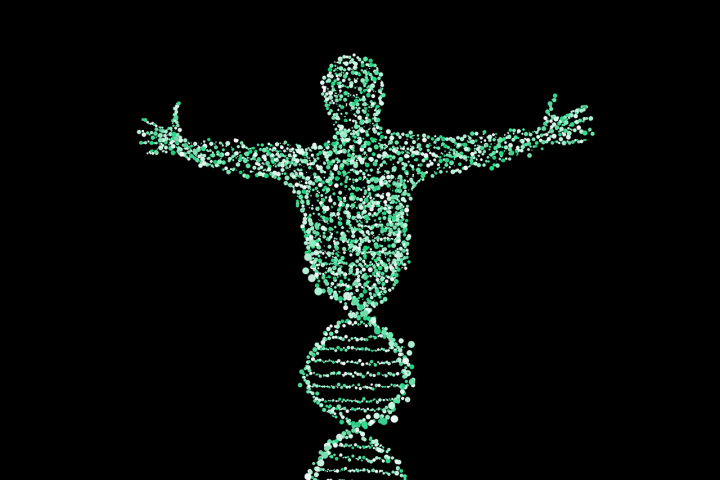Have you ever felt like everything is going against you? Things aren’t working in your favor and you are constantly becoming a target for reasons unknown. Whenever we feel stuck in a life we seek help from our loved ones or well-wishers. Sometimes we get the solutions and other times we are left with confusion. But we don’t think about looking inside rather than we focus on the outer world.
There are so many mixed suggestions we receive but the most common one is to “look within,” for the answers we seek outside. I have heard so many people saying this. But to “look within,” we also need to know what we are looking for.
“Knowing yourself is the beginning of all wisdom.”― Aristotle.
The art of introspection isn’t easy and not everyone can understand the powerful meaning hidden in it. However difficult it may sound but to in order to live life to the fullest, timely inspection of the inner self is important.
Inspection isn’t anything new to us, we know how the government has made different departments to ensure the smooth running of society. Just like the governments have appointed various departments to inspect different areas and work on improving the condition if something needs attention, we too need to inspect ourselves.
What is Introspection?
Introspection is the observation of one’s mental state. It is the process of deliberately examining own conscious thoughts and feelings. It is self-discovery and self-reflection.
If I tell you that the answer you are looking outside for your problems lies inside of you, you would probably think that I am bluffing. Isn’t it? But yes it’s true. That is the last place we look for solutions but it’s where everything starts. Whether we talk about anger or love; jealousy or sympathy; everything originates inside us.
The philosopher Plato asked, “Why should we not calmly and patiently reviews our own thoughts, and thoroughly examine and see what these appearances in us really are?”
Introspection provides an access to one’s mental state which often changes with the situation around us. Whatever the circumstances a person is in, their behavior shifts accordingly. These emotions come out in different forms if not paid timely attention to.
Nineteenth-century Swiss psychoanalyst Carl Jung once said: “Your visions will become clear only when you can look into your own heart. Who looks outside, dreams; who looks inside, awakes.”
How to Introspect?
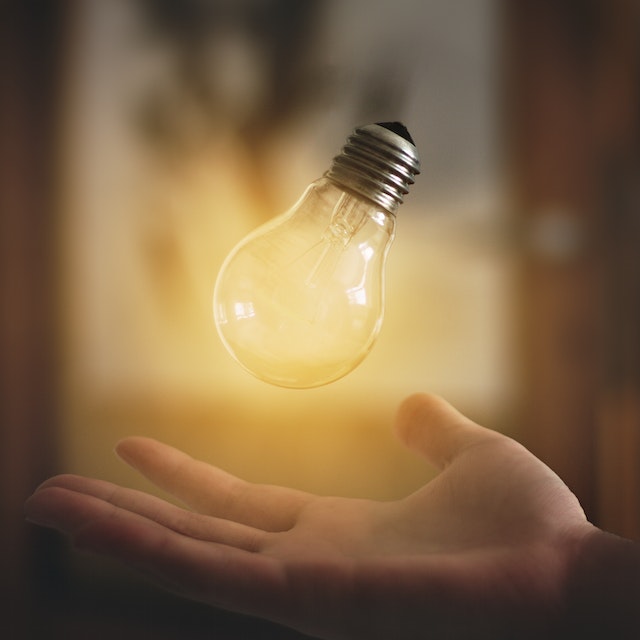
We all want to hear good things about ourselves; nobody likes to acknowledge their mistakes. The fear of insult or failure is strong that sometimes it doesn’t even allow us to accept that we are capable of making mistakes as well. It’s normal to make mistakes or fail at things, but it is also important, to be honest with ourselves.
We need to sit and understand the things we did. Why did we react that way last week, which is still troubling us? Why was there a sudden outburst of anger? What made us say those words? When we will dig deeper, we will get the answers to all our whys.
The important thing is to not only look for end result but to be in the process. Along with all the other work, we perform daily, inner work is necessary to ensure stress-free life.
But the question is how to do introspection
It doesn’t matter what you do when you do or how you do it. What matters is your willingness to do it. Once you set your mind to it. We usually ignore it when it comes to figuring out the pattern that we are stuck in. It requires a lot of courage to admit what isn’t working out and to recognize the behavior causing the problem.
Let’s have a look at a few of the practices for introspection.
Look inside than outside
One of the easiest ways of introspection is to consciously look at the areas where you have done well and appreciate the strengths you possess. This boosts your morale and gives you a sense of belief in yourself. Once you know your strengths you can then start addressing your weakness. Faith gives the courage to consciously review weaknesses & shortcomings and work on them.
Meditation
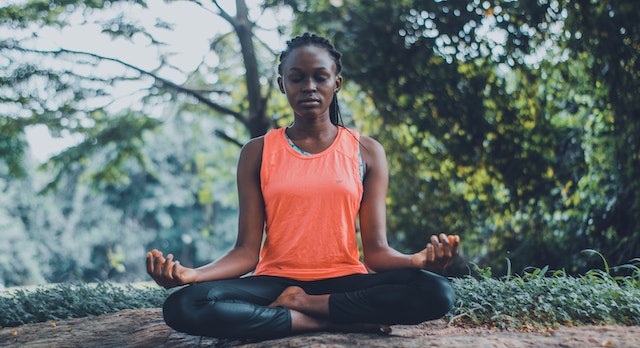
Meditation has proved to be mind-opening and meaningful in so many ways. with its numerous benefits, it can also help in understanding oneself. Daily meditate at a decided period of time and quietly observe what’s happening inside you.
Journaling
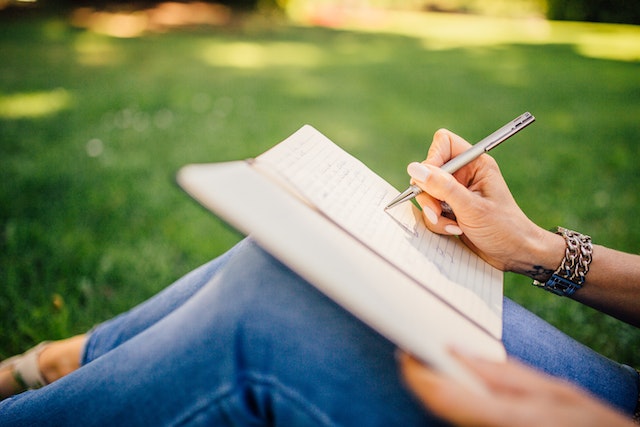
You can also maintain a journal or a diary to keep a record of your feelings and thoughts. You can make a list of both your strengths and weaknesses, as the brain will acknowledge it because it gives more importance to written things than oral ones. It helps you in achieving a deeper inspection of yourself.
Compare past with present self
Don’t compare yourself with others, do you know why? Because it lowers your faith in yourself. It makes you feel bad about yourself. Instead, start comparing your past self with your present one. This way it will keep your mind in a state of reward, where it will feel happy about the changes that have happened to you so far. This will also motivate you to work on the areas that need improvement.
Believe in yourself
Often we seek validation from others even for the smallest things. This happens because of a lack of faith in one’s own capabilities. Once you overcome this and fully accept your flaws, you start working on them. You understand the reason for the mistakes or the bad experience you had.
Self Introspection, the word is quite heavy, but as hard as it may sound, it opens the door to living a healthy life. When you are mentally stressed or occupied in an inner battle, the body starts responding negatively resulting in various mental and physical health problems.
Author and poet Gregg Krech writes in his book Naikan: Gratitude, Grace, and the Japanese Art of Self-Reflection that self-reflection involve a willingness to squarely face our mistakes, failures, and weaknesses. It helps us be honest with ourselves. It makes us admit and overcome failures, making us more accepting of ourselves.
Your vision will become clear only when you can look into your own heart. Who looks outside, dreams; who looks inside, awakes – Carl Jung.
We introspect more effectively when we allow ourselves to incorporate new information. It is important to keep oneself well-informed about various behavioral patterns that arise in different situations. Our response to diverse conditions helps in mastering the art of introspection. As with each response we deliberately focus on our feelings whether positive or negative and start working on them.
